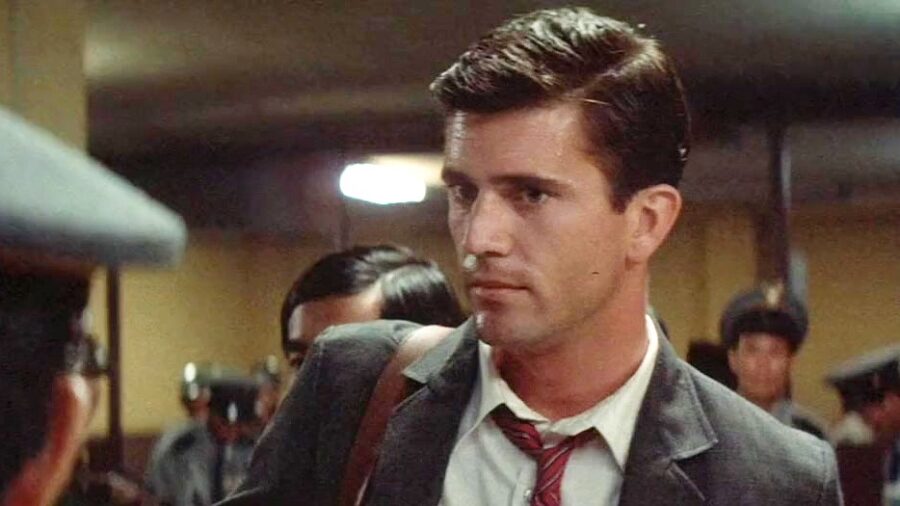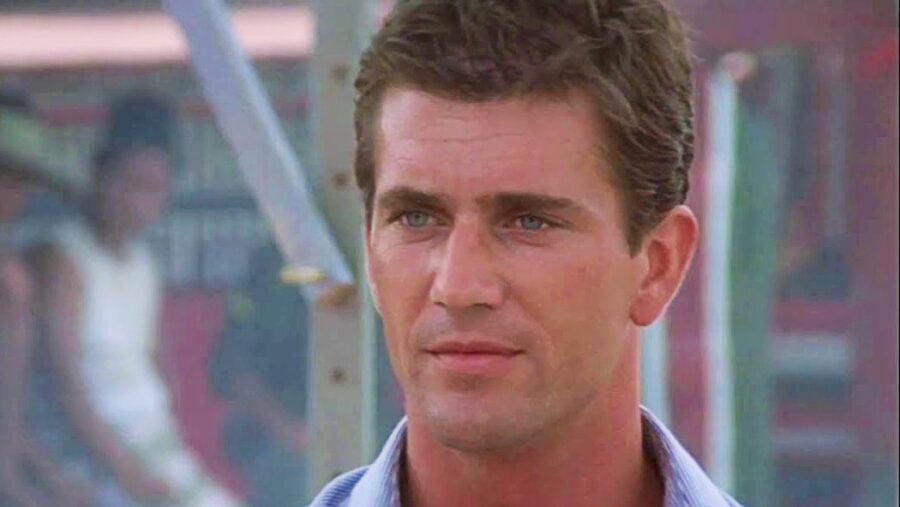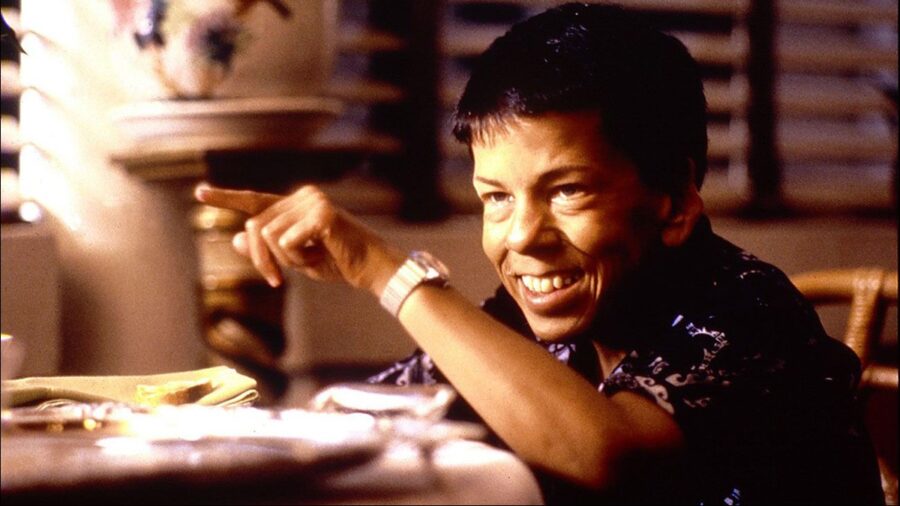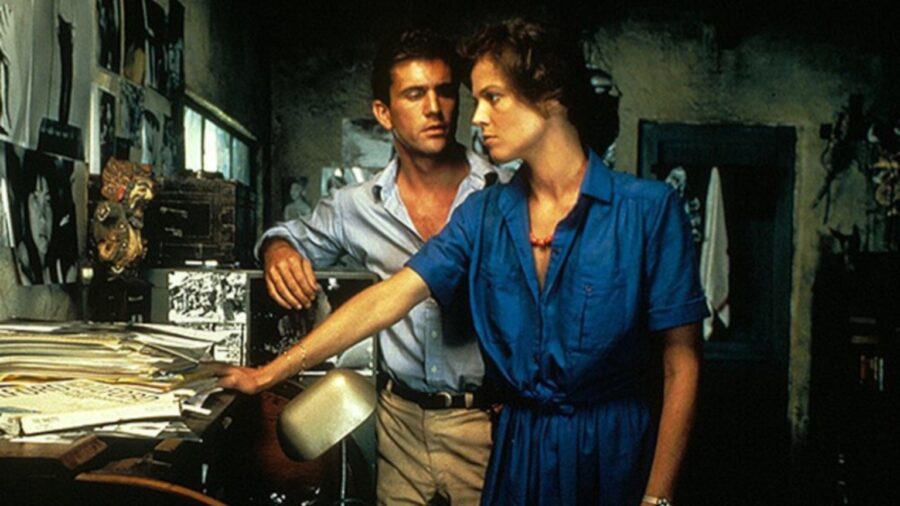Mel Gibson’s Best, Sweatiest Movie Isn’t Mad Max

Mel Gibson has been a movie star for so long that it can be difficult to remember there was a time before he was “Mad” Max Rockatansky, Martin Riggs, or William Wallace. At one point, Mel Gibson was a fresh-faced Australian character actor, just breaking into movies with a little too intense of a stare and a knack for portraying suffering. The best movie of his long, controversial career came in that early phase with The Year of Living Dangerously, the 1982 romantic drama by Peter Weir.
Though Mel Gibson had already appeared in both Mad Max and The Road Warrior when The Year of Living Dangerously was released, he had not achieved the kind of manic movie persona that would later come to define him. Instead, director Peter Weir (who had previously worked with Mel Gibson in Gallipoli the previous year) primarily uses the actor’s youthful sense of calculation. If contrast to almost all his other roles, past or future, Mel Gibson portrays a naive, yet calculating man in this movie.

The Year of Living Dangerously stars Mel Gibson as Guy Hamilton, a rookie Australian journalist newly arriving in Indonesia to cover the political unrest of the 1960s. The film is based on a novel by Christopher Koch and freely mixes fictional characters and plots with the real-life overthrow of Indonesia’s first president in 1965, seen through the perspectives of Gibson and other foreign correspondents. However, while Mel Gibson is the protagonist of this movie, its voice belongs to someone else.

That someone is Billy Kwan, a Chinese-Australian man with dwarfism who works as both a photographer and a facilitator of connections and information (a Master of Whispers, to put it in Game of Thrones terms). Billy is played by Linda Hunt, an American actress who was the first person to win an Academy Award for portraying a person of the opposite sex; while the performance has come under criticism for employing yellowface in the role, there is no denying the intensity that Hunt brings. More than anyone else in this story of political maneuverings and betrayal, Hunt’s character is the fierce moral center of the film.
Where Linda Hunt believes that the press can be a force for justice and equity (strongly implied to stem from Billy’s lifetime of poor treatment as a person with dwarfism), Mel Gibson is at once both naive and ambitious in this movie. Even while he and Linda Hunt bond, the story always seems to come first for Gibson. Even after Hunt introduces Gibson to British diplomat Jill Bryant (Sigourney Weaver) and the pair fall into a complicated, sweaty romantic relationship, it is clear that the chance to break the story of the year is more important to him than anything else.

The Year of Living Dangerously deals with real events and tragedies, which can be a delicate line for a fictional film to walk. Fortunately, this particular Mel Gibson movie is more concerned with the tension between him and Sigourney Weaver than the revolt itself. The deepest, most painful moment of the film comes with the death of Billy Kwan, killed for nothing more than publically saying that the Indonesian people should not starve. It is a quiet and powerful moment, saying more about the violence of political unrest than Mel Gibson’s journalist character ever could.
The film continued Mel Gibson’s ascent to American movie stardom which had begun in earnest with The Road Warrior. In just a few years, he would star with Danny Glover in Lethal Weapon, swiftly becoming part of the pantheon of 1980s action stars along with Arnold Schwarzenegger, Sylvester Stallone, and Bruce Willis. Sigourney Weaver would star (with a little reluctance) in James Cameron’s Aliens in two years and become her own kind of action star, while director Peter Weir would soon bring Harrison Ford his only Academy Award nomination for Witness.
Mel Gibson’s stock as a movie star would soar to nearly unheard-of heights in the next decade, starring and directing in Braveheart to massive acclaim and box office returns, and then The Passion of the Christ became a legitimate cultural phenomenon. It would all come crashing down shortly after that, though it seems like Gibson is finally beginning to return to Hollywood’s good graces.












